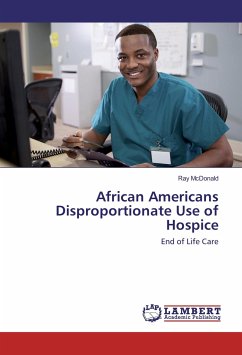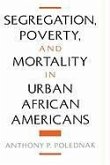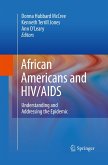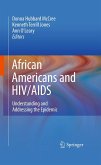Reed and his colleagues consider the health status of African-Americans and the medical care available to them. In their study, they clearly link the economic condition of black Americans to the care they receive. Indeed, the disadvantaged position in which most African-Americans are locked correlates to their level of illness and medical care deprivation. Drawing attention to the high percentage of adverse birth outcomes, increasing cancer rates, homicide trends and the special problem of Sickle Cell Anemia, the authors call for social and economic policy changes that will result in an adequate level of care. This important research brings new attention to not only the often noted issues of AIDS and substance abuse but to the "invisible epidemic," lead poisoning. The book is a call to national conscience.
African-Americans suffer disproportionately to their percentage of the population from ill health and poor or non-existent medical care. Because health and illness are related to social status, only a change in economic and social policies will remedy the sorrowful health and care situation carefully detailed and substantiated in this book. Reed and his colleagues identify and show the enormity of the several health problems of particular concern to the black population. These include adverse birth outcomes, increasing cancer rates, lead poisoning, and the high rate of homicide among African-Americans. Sickle Cell Anemia with its special problems for the black community is addressed, as is the widespread use of alcohol and other substances. Finally, the AIDS epidemic's impact on the African-American population is described and the implications stated. The authors leave no doubt that decisive action is warranted on a large scale.
African-Americans suffer disproportionately to their percentage of the population from ill health and poor or non-existent medical care. Because health and illness are related to social status, only a change in economic and social policies will remedy the sorrowful health and care situation carefully detailed and substantiated in this book. Reed and his colleagues identify and show the enormity of the several health problems of particular concern to the black population. These include adverse birth outcomes, increasing cancer rates, lead poisoning, and the high rate of homicide among African-Americans. Sickle Cell Anemia with its special problems for the black community is addressed, as is the widespread use of alcohol and other substances. Finally, the AIDS epidemic's impact on the African-American population is described and the implications stated. The authors leave no doubt that decisive action is warranted on a large scale.








